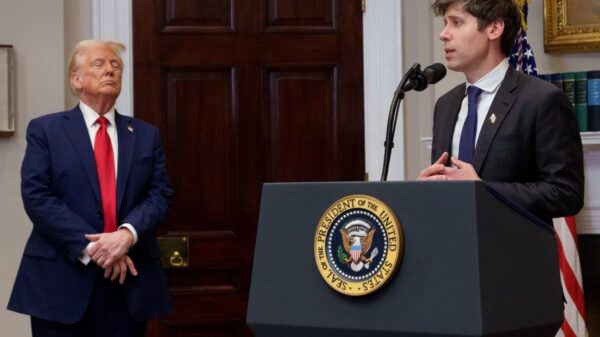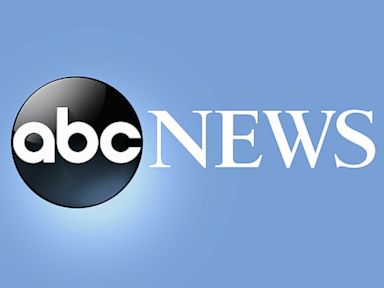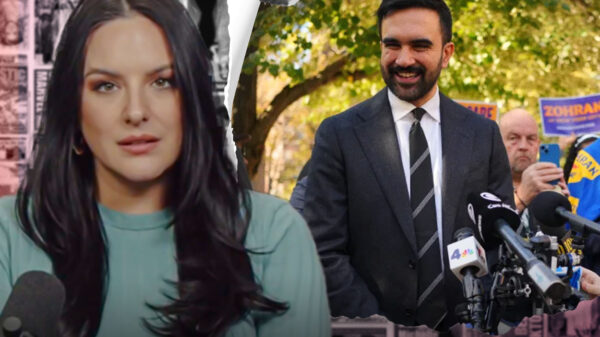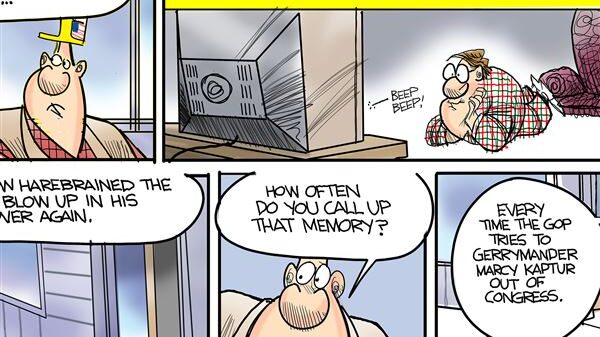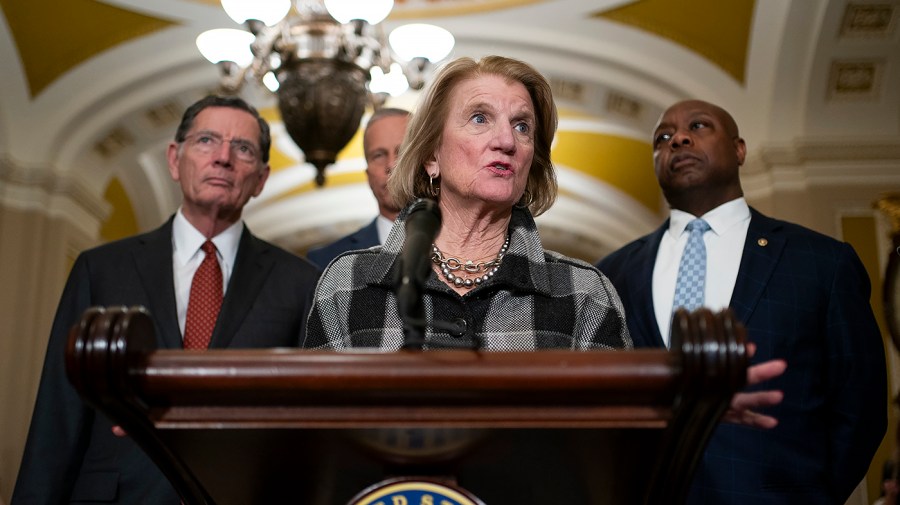Senate Republicans are strategically leveraging the rhetoric of Senate Minority Leader Chuck Schumer as negotiations over government funding intensify. With a potential shutdown looming, the GOP aims to apply pressure on Democrats by encouraging Schumer to speak extensively about the ramifications of a funding gap. This tactic, according to multiple Senate GOP sources, is intended to highlight perceived discord within the Democratic Party and to emphasize the consequences of inaction.
Senator Shelley Moore Capito (R-W.Va.) remarked on Schumer’s public statements, suggesting he is “disconnected from the reality of what’s happening on the ground.” She added that voters are increasingly frustrated with political dysfunction and do not support a government shutdown. A Senate GOP aide succinctly stated, “Let Schumer be Schumer,” indicating a belief that Schumer’s frequent commentary could ultimately work to the Republicans’ advantage.
As lawmakers approach the critical deadline of September 29, 2023, which marks the potential for the first government shutdown in nearly seven years, Schumer remains firm in his demands. Key among these is the extension of subsidies under the Affordable Care Act, which are set to expire at the end of the year. Senate Majority Leader John Thune (R-S.D.) has consistently maintained that these subsidies will not be included in the stopgap funding measures, further complicating negotiations.
The political landscape for Schumer is fraught with challenges. His decision earlier this year to support a “clean” continuing resolution (CR), which diverged from the position of House Minority Leader Hakeem Jeffries, has raised questions about his leadership within the Democratic caucus. Additionally, the upcoming New York mayoral race and speculation regarding a potential challenge from Alexandria Ocasio-Cortez in the 2028 election only heighten the pressure on Schumer.
Republicans are keen to capitalize on Schumer’s current predicament. Thune noted that Democrats are facing significant pressure from their left-wing base to resist bipartisan efforts, which he believes creates a precarious situation for them. “They’re under a ton of pressure from their far-left base to just obstruct everything,” he stated, “and at some point that becomes a hard position to sustain.”
The GOP is also drawing parallels between Schumer’s push for including ACA subsidies in the funding discussions and previous conservative efforts to defund the healthcare law. Thune criticized the Democrats’ approach, asserting that they are attempting to attach partisan demands to what he described as a “clean and bipartisan” funding resolution. He emphasized that Republicans previously passed a “clean” CR while in the majority, suggesting that the current Democratic strategy is unsustainable.
In response, Schumer has insisted that the situation is markedly different now. He pointed to the declining popularity of the GOP’s previous legislative efforts and the unity among Democrats as critical factors. “Democrats don’t want a shutdown,” he said, “but Republicans cannot shut Democrats out of the process and pretend like the last nine months have been business as usual.”
In recent days, Democrats have taken steps perceived as provocative by Republicans, including the release of their own CR, which incorporates what GOP members label as “partisan” priorities. Schumer and Jeffries have also reached out to GOP leaders for discussions, which Thune criticized as ineffective.
If the House passes the proposed CR on Friday, Thune is poised to initiate Senate consideration shortly thereafter. The necessity for Democratic consent means that a first vote could occur late next week or on September 29. Republicans are hopeful that Schumer’s ongoing public discourse will continue to bolster their position as they navigate this politically charged environment.
As the deadline approaches, the dynamics of negotiation remain fluid. “He is in the most precarious political position of everybody,” said Senator Kevin Cramer (R-N.D.), expressing concern over Schumer’s ability to manage the competing pressures he faces. The unfolding situation underscores the complexities of bipartisan governance and the challenges of maintaining party cohesion in a polarized climate.



